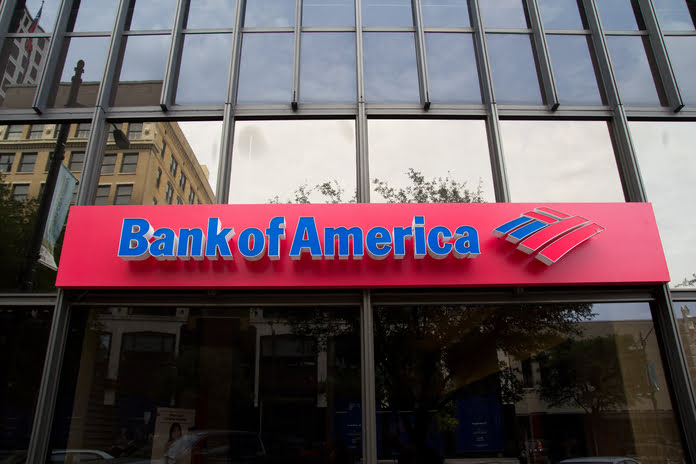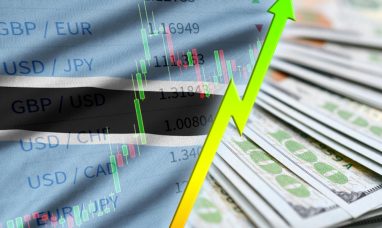A pair of U.S. banking authorities fined Bank of America (NASDAQ:BAC) $225 million for what they termed a “botched” handling of jobless benefits during the pandemic. According to the Office of the Comptroller of the Currency (OCC) and the Consumer Financial Protection Bureau (CFPB), the bank had a flawed fraud detection system that improperly froze the prepaid card accounts of thousands of jobless benefit applicants in 2020 and 2021. In addition to the penalties, the authorities ordered the bank to pay restitution to injured customers, a sum estimated by the CFPB to be hundreds of millions of dollars.
During the pandemic, the CFPB said the bank, which operated prepaid jobless benefit debit cards on behalf of 12 states, instituted an automatic fraud filter, causing thousands of cardholders’ accounts to be wrongly frozen. Worse, authorities said the bank made it impossible for individuals to unfreeze their cards by understaffing their contact centers and forcing people to wait for hours online to try to resolve the issue.
Rohit Chopra, the CFPB Director, said, “Taxpayers relied on banks to distribute needed funds to families and small businesses to rescue the economy from collapse when the pandemic hit and the Bank of America failed to live up to its legal obligations. And when it got overwhelmed, instead of stepping up, it stepped back.”
The bank neither admitted nor denied the results. A bank spokesperson said that states were responsible for reviewing and approving unemployment applications, and the penalties arose “despite the government’s acknowledgment that the expansion of the unemployment program during the pandemic created extraordinary criminal activity.”
In addition to the fines, the bank is also subject to a pair of consent decrees from the OCC and CFPB, which require it to modify its practices and remedy flaws. Such consent orders can hover around with banks for years, subjecting them to increased regulatory scrutiny as they strive to demonstrate that fundamental issues have been resolved. As part of the orders, the bank is required to develop a remedial plan in order to identify affected customers and decide how much they should be compensated.
This is not the first time the CFPB has penalized the North Carolina-based, banking giant. The CFPB ordered the Bank of America to pay $727 million to people impacted by illegal credit card operations in 2014. It slammed the bank with a $10 million fine in May this year for unlawfully garnishing thousands of customers’ accounts. Bank of America implemented a new automatic system for spotting fraud that was defective and incorrectly froze the accounts of many unemployment benefit users throughout the epidemic in the fall of 2020 and through mid-2021.
According to Bloomberg, the unemployment benefits card program was used in twelve states, including New Jersey and California. According to the CFPB, Bank of America frequently routed California customers to the state’s unemployment office, which the bank knew was “extended” and unable to assist them.
The Bank of America Corp. (which is often abbreviated as BofA or BoA) is an American global investment bank and financial services holding corporation headquartered in Charlotte, North Carolina. The bank was formed in San Francisco and changed its name to NationsBank of Charlotte in 1998. It is the second-largest bank in the U.S. after JPMorgan Chase and the world’s eighth-largest bank. Bank of America, being one of the United States’ Big Four banking institutions, competes with JPMorgan Chase, Citigroup, and Wells Fargo for around 10.73 percent of all American bank deposits. Its core financial services include commercial banking, wealth management, and investment banking.
Featured Image: Megapixl @ Robwilson39

















